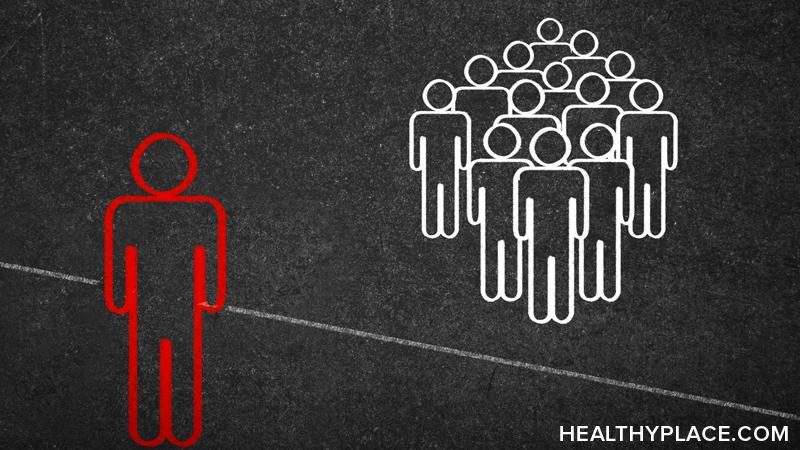Children with Disabilities are Marginalized in Society

Children with special needs and disabilities are marginalized in our society. How can parents encourage full inclusion of children with disabilities?
How are families with disabled children marginalized in our society?
Families raising children with disabilities can become marginalized from mainstream society in a number of ways. They have no choice but to advocate for a wide range of supports -- assistance with health care, finding solutions to mobility challenges, procuring learning-enabling computer software -- to name only a few. While all parents experience significant challenges from time-to-time, raising children with special needs often means developing considerable savvy to get the therapies or equipment your child needs. Often, that advocacy is a job in itself -- and it doesn't necessarily end when a child turns eighteen.
For some, the result is that the ordinary activities of life -- grocery shopping, participating in the labor force or rooting at your non-disabled child's soccer game -- take a high degree of organization and juggling family members' needs. The time and energy required may not leave much room for joining a reading group or enjoying other social activities.
How does being marginalized affect our disabled children?
All kids benefit when their parents are able to provide safe and loving environments. The vast majority of us raising children with special needs strive to do just that. But truth be told, the extra work involved in learning to decipher medical lingo and navigate social service agencies can be onerous -- and our kids risk not getting the assistance they need to flourish.
Certainly, if you have the financial resources and if English is your first language, your children are more likely to benefit from the best available therapies or equipment. But not everyone is in that position.
How does this affect parents of disabled children?
Along with the joys that all of our children bring to us, families raising children with disabilities often experience higher stress levels. Unlike most of our neighbors, we may be in constant contact with social workers and home care agencies. Some parents told me that while they need the assistance, it can feel quite intrusive to have their personal lives under scrutiny. Parents can get just "plain worn out", especially if they are unable to access the practical supports and the fellowship community offers.
What approach would be beneficial for special needs advocates?
There are at least two things we can do. As individuals, we need to reach out in our communities. Chances are, there may be activity and support groups for children similar to your own -- and that may include sibling programs. We must never think that we are alone!
Several mothers told me that just by getting on the internet, they were able to glean more knowledge about their child's challenges and explore ways to complement the medical and other health advice they received. Often other families are a great resource.
Second, we need to come together to make our collective voices heard. Chances are that if your child is at-risk because a particular school program or therapy is no longer available, you're not alone. Try and speak with other parents and see if you can sit down together. Get the most accurate information and make an appointment to see your locally-elected officials. Don't take no for an answer. You, your disabled child and your entire family deserve the best care this society can offer.
This article comes from an interview with Miriam Edelson, author of the advocacy book: Battle Cries: Justice for Kids with Special Needs
APA Reference
Staff, H.
(2008, November 10). Children with Disabilities are Marginalized in Society, HealthyPlace. Retrieved
on 2026, March 4 from https://www.healthyplace.com/parenting/stigma/children-with-disabilities-are-marginalized-in-society

